|

|

|

|
 | TRAMETOOLS |
Help
Characteristic Wind Speed (Vk)
The characteristic wind speed (Vk) was calculated by multiplying the basic speed with the factors of: topography (S1), terrain roughness (S2) and degree of safety (S3)Vk = V0·S1·S2·S3
See the topographic factor (S1) here!
Velocity Pressure or Dynamic Pressure

ρ is the specific mass of the air, equal to 1.226 kg/m³.
Isopleth Map → V0 (m/s)

Building class
Class A:Any building, structure, or part thereof, including enclosures and their attachments, with a maximum vertical or horizontal dimension of 20 m;
Class B:
Any building, structure, or part thereof with a maximum frontal dimension (horizontal or vertical) greater than 20 m and less than or equal to 50 m;
Class C:
Any building, structure, or part thereof with a maximum frontal dimension (horizontal or vertical) greater than 50 m.
Category
1 : Large, smooth surfaces exceeding 5 km in length, measured in the direction and sense of the incident wind.2 : The average height of the obstacle´s top is considered to be less than or equal to 1.0 meters.
3 : The average height of the obstacle´s top is considered equal to 3.0 meters.
4 : The average height of the obstacle´s top is considered equal to 10.0 meters.
5 : The average height of the obstacle´s top is considered equal to 25.0 meters.
Minimum Values of the Statistical Factor S3
| Group | Description | S3 | Tp (years) | |
| 1 |
Structures whose total or partial ruin may affect the safety or possibility of rescue of people after a destructive storm (hospitals,
fire stations, and security forces, control center buildings, etc.). Bridges and railway bridges. Structures that house flammable, toxic, and/or explosive substances. Enclosures of Group 1 buildings (roofs, glass, cladding panels). |
1.11 | 100 | |
| 2 |
Structures whose ruin represents a substantial risk to human life, particularly to people in crowds, children, and young people,
including but not limited to: buildings with a capacity for gatherings of more than 300 people in the same environment, such as convention centers, gyms, stadiums, etc.; nurseries with a capacity greater than 150 people; schools with a capacity greater than 250 people.
Enclosures of Group 2 buildings (roofs, glass, cladding panels). | 01.06 | 75 | |
| 3 | Buildings for residences, hotels, commerce, industries. Structures or structural elements that can be dismantled for reuse. Enclosures of Group 3 buildings (roofs, glass, cladding panels). | 1.00 | 50 | |
| 4 | Buildings not intended for human occupation (warehouses, silos) and without circulation of people in the surroundings. Enclosures of Group 4 buildings (roofs, glass, cladding panels). Temporary buildings not for reuse. | 0.95 | 37 | |
| 5 | Structures of Groups 1 to 4 during construction (factor applicable for a maximum period of 2 years). Enclosures of Group 5 buildings (roofs, glass, cladding panels). | 0.83 | 15 |
Note: Exclusively for the design of enclosures, it is allowed that the characteristic velocity be calculated with the factor (0.92 x S3), instead of S3.